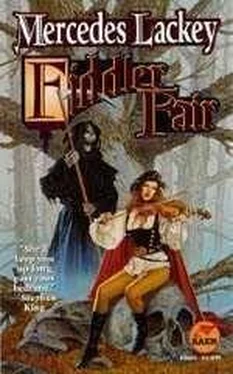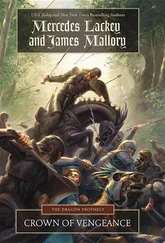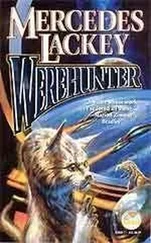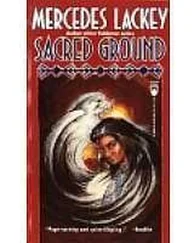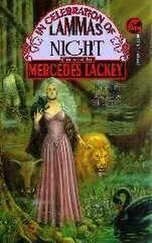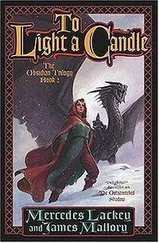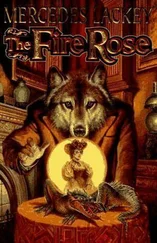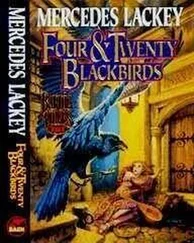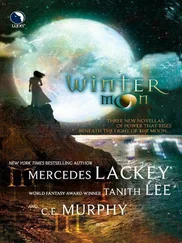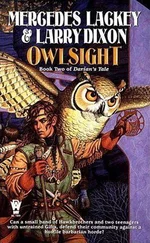Warning: this is not a nice story, but then I’m not always a nice person.
Aaron Brubaker considered himself a rational man, a logical man, a modern man of the enlightened nineteenth century. He was a prosperous lawyer in the City, he had a new house in the suburbs, and he cultivated other men like himself, including a few friends in Parliament. He believed in the modern; he had gas laid on in his house, had indoor bathrooms with the best flushing toilets (not that a polite man would discuss such things in polite company), and had a library filled with the writings of the best minds of his time. Superstition and old wives’ tales had no place in his cosmos. So what he was about to do was all the more extraordinary.
If his friends could see him, he would have died of shame. And yet—and yet he would have gone right on with his plans.
Nevertheless, he had made certain that there was no chance he might be seen; the servants had been dismissed after dinner, and would not return until tomorrow after church services. They were grateful for the half-day off, to spend Christmas Eve and morning with their own families, and as a consequence had not questioned their employer’s generosity. Aaron’s daughter, Rebecca, was at a properly chaperoned party for young people which would end in midnight services at the Presbyterian Church, and she would not return home until well after one in the morning. And by then, Aaron’s work would be done, whether it bore fruit, or not.
The oak-paneled dining room with its ornately carved table and chairs was strangely silent, without the sounds of servants or conversation. And he had not lit the gaslights of which he was so proud; there must only be two candles tonight to light the proceedings, one for him, one for Elizabeth. Carefully, he laid out the plates, the silver; arranged Elizabeth’s favorite winter flowers in the centerpiece. One setting for himself, one for his wife. His dear, and very dead, wife.
His marriage had not precisely been an arranged affair, but it had been made in accordance with Aaron’s nature. He had met Elizabeth in church; had approved of what he saw. He had courted her, in proper fashion; gained consent of her parents, and married her. He had seen to it that she made the proper friends for his position; had joined the appropriate societies, supported the correct charities. She had cared for his home, entertained his friends in the expected manner, and produced his child. In that, she had been something of a disappointment, since it should have been “children,” including at least one son. There was only Rebecca, a daughter rather than a son, but he had forgiven her for her inability to do better. Romance did not precisely enter into the equation. He had expected to feel a certain amount of modest grief when Elizabeth died—
But not the depth of loss he had uncovered. He had mourned unceasingly, confounding himself as well as his friends. There simply was no way of replacing her, the little things she did. There had been an artistry about the house that was gone now; a life that was no longer there. His house was a home no longer, and his life a barren, empty thing.
In the months since her death, the need to see her again became an obsession. Visits to the cemetery were not satisfactory, and his desultory attempt to interest himself in the young widows of the parish came to nothing. And that was when the old tales from his childhood, and the stories his grandmother told, came back to—literally—haunt him.
He surveyed the table; everything was precisely in place, just as it had been when he and Elizabeth dined alone together. The two candles flickered in a draft; they were in no way as satisfactory as the gaslights, but his grandmother, and the old lady he had consulted from the Spiritualist Society, had been adamant about that—there must be two candles, and only two. No gaslights, no candelabra.
From a chafing dish on the sideboard he took the first course: Elizabeth’s favorite soup. Tomato. A pedestrian dish, almost lower-class, and not the clear consummes or lobster bisques that one would serve to impress—but he was not impressing anyone tonight. These must be Elizabeth’s favorites, and not his own choices. A row of chafing dishes held his choices ready: tomato soup, spinach salad, green peas, mashed potatoes, fried chicken, apple cobbler. No wine, only coffee. All depressingly middle-class . . .
That was not the point. The point was that they were the bait that would bring Elizabeth back to him, for an hour, at least.
He tossed the packet of herbs and what-not on the fire, a packet that the old woman from the Spiritualists had given him for just that purpose. He was not certain what was in it; only that she had asked for some of Elizabeth’s hair. He’d had to abstract it from the lock Rebecca kept, along with the picture of her mother, in a little shrine-like arrangement on her dresser. When Rebecca had first created it, he had been tempted to order her to put it all away, for the display seemed very pagan. Now, however, he thought he understood her motivations.
This little drama he was creating was something that his grandmother—who had been born in Devonshire—called a “dumb feast.” By creating a setting in which all of the deceased’s favorite foods and drink were presented, and a place laid for her—by the burning of certain substances—and by doing all this at a certain time of the year—the spirit of the loved one could be lured back for an hour or two.
The times this might be accomplished were four. May Eve, Midsummer, Halloween, and Christmas Eve.
By the time his need for Elizabeth had become an obsession, the Spring Equinox and Midsummer had already passed. Halloween seemed far too pagan for Aaron’s taste—and besides, he had not yet screwed his courage up to the point where he was willing to deal with his own embarrassment that he was resorting to such humbug.
What did all four of these nights have in common? According to the Spiritualist woman, it was that they were nights when the “vibrations of the earth-plane were in harmony with the Higher Planes.” According to his grandmother, those were the nights when the boundary between the spirit world and this world thinned, and many kinds of creatures, both good and evil, could manifest. According to her, that was why Jesus had been born on that night—
Well, that was superstitious drivel. But the Spiritualist had an explanation that made sense at the time; something about vibrations and currents, magnetic attractions. Setting up the meal, with himself, and all of Elizabeth’s favorite things, was supposed to set up a magnetic attraction between him and her. The packet she had given him to burn was supposed to increase that magnetic attraction, and set up an electrical current that would strengthen the spirit. Then, because of the alignment of the planets on this evening, the two Planes came into close contact, or conjunction, or—something.
It didn’t matter. All that mattered was that he see Elizabeth again. It had become a hunger that nothing else could satisfy. No one he knew could ever understand such a hunger, such an overpowering desire.
The hunger carried him through the otherwise unpalatable meal, a meal he had timed carefully to end at the stroke of midnight, a meal that must be carried out in absolute silence. There must be no conversation, no clinking of silverware. Then, at midnight, it must end. There again, both the Spiritualist and his grandmother had agreed. The “dumb feast” should end at midnight, and then the spirit would appear.
He spooned up the last bite of too-sweet, sticky cobbler just as the bells from every church in town rang out, calling the faithful to Christmas services. Perhaps he would have taken time to feel gratitude for the Nickleson’s party, and the fact that Rebecca was well out of the way—
Читать дальше
